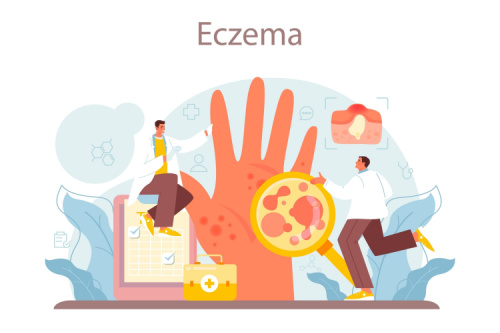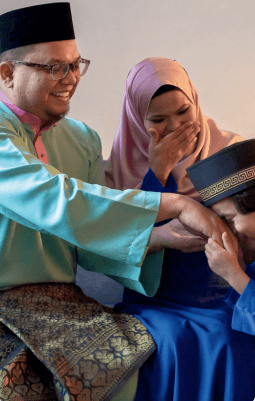Doctors Answer Parents’ Burning Questions About Eczema and Children
WHY DOES MY CHILD HAVE ECZEMA? Dr Melanie Majaham explains that: Eczema usually happens in a child that already has a tendency for dry skin. The child’s skin becomes inflamed and very itchy when they are exposed to triggers such as chemicals, sweat and heat. Red, dry, itchy patches form on the skin as a result of the inflammation. Because…
















